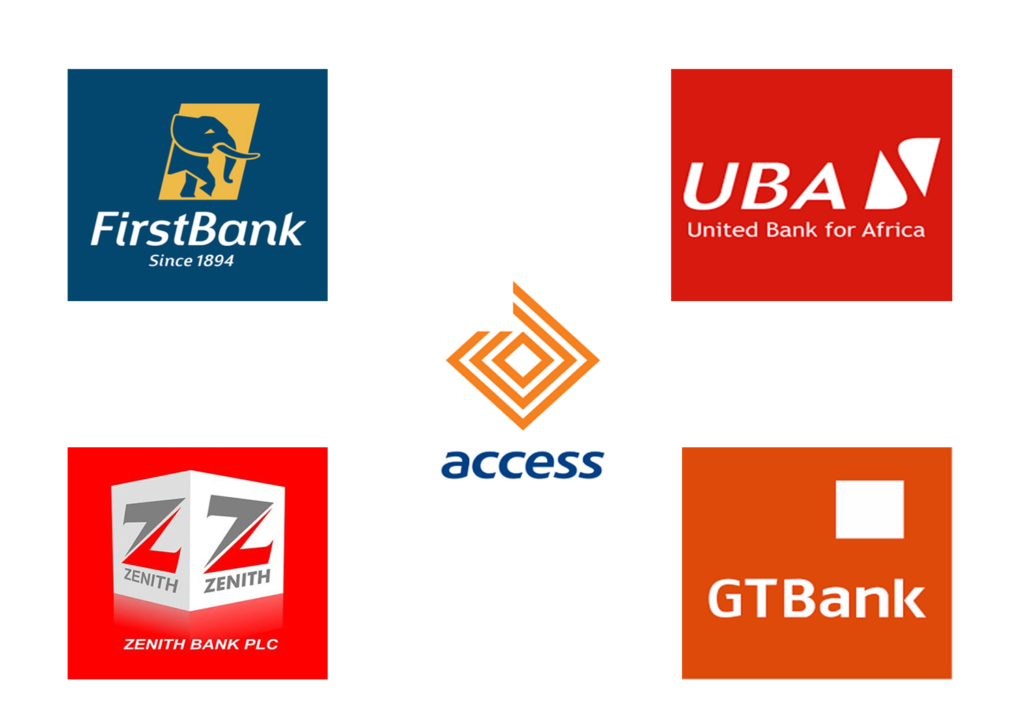A domiciliary account is your gateway to managing foreign payments through your local bank. It allows you to send, receive, and transfer foreign currencies, providing the flexibility to conduct both local and international transactions from the comfort of your home or anywhere in the world.
Think of it as your regular bank account, but with added capabilities tailored for transactions in foreign currencies like the US dollar, British pounds, euro, Chinese yuan, and more.
Now, should you consider opening one? If you find yourself frequently dealing with foreign currencies, then a domiciliary account could be a game-changer for you.
While you can receive foreign currencies in your standard naira account, the bank sets the exchange rate for you. For instance, if someone sends $100 to your naira account, the bank’s rate might only give you ₦140,000. However, with a domiciliary account, you have more control. You receive the $100 and can exchange it for ₦150,000 if you find a better rate elsewhere. So, if you want more control over your foreign currency transactions, a domiciliary account might be worth considering.
Follow these steps to open a domiciliary account in Nigeria:
- Choose a Bank: Research and choose a bank that offers domiciliary account services and meets your requirements.
- Visit the Bank: Visit the chosen bank branch where you intend to open the domiciliary account.
- Fill the Application Form: Request the domiciliary account opening form from the bank and fill it out accurately. Make sure all required fields are filled in and signed.
- Provide Required Documents: Submit the necessary documents to support your domiciliary account application. These typically include: A copy of a valid identification document, Your Bank Verification Number (BVN), One passport-sized photograph, Two completed reference forms, A utility bill issued within the last 3 months as proof of address.
- Make an Initial Deposit: Depending on the bank’s policy, you may be required to make an initial deposit to activate your domiciliary account. The deposit amount varies between banks but is usually around $100 or its equivalent in another currency.
- Wait for Approval: After submitting your application and required documents, the bank will review your application and documents. Once approved, your domiciliary account will be opened, and you will be provided with your account details.
- Access Your Account: You can start using your dom account to send, receive, and transfer foreign currencies both locally and internationally. You may also receive a chequebook and a debit card linked to your domiciliary account for easy access to funds.
How much does it cost to open a Domiciliary Account?
Opening a domiciliary account at most banks is usually free, but you might need to deposit $100 or more, depending on the bank’s requirements. This initial deposit helps activate your account and gives you access to its features for sending, receiving, and transferring foreign currencies. The deposit amount may vary from bank to bank.

What do I need to open a Domiciliary Account in Nigeria?
To open a domiciliary account in Nigeria, most banks typically request the following:
- Filled Domiciliary Account opening form: This form contains necessary information about the account holder and serves as an application for opening the domiciliary account.
- BVN (Bank Verification Number): The BVN is a unique identification number linked to an individual’s bank account.
- A copy of identification document: Banks require a valid identification document such as a Driver’s License, International passport, National I.D Card, or any other acceptable form of identification.
- One passport photograph: A recent passport-sized photograph of the account holder is required for documentation purposes.
- Two completed reference forms: These forms are usually filled out by individuals who can vouch for the credibility and character of the account holder. They serve as references to support the account opening application.
- Utility bill issued within the last 3 months: A recent utility bill bearing the account holder’s name and residential address is required as proof of address. This bill helps verify the account holder’s residence and ensures compliance with Know Your Customer (KYC) regulations.
Which bank is best for a Domiciliary Account in Nigeria?
Several banks in Nigeria offer domiciliary account services, each with its features and benefits. Here are five banks commonly regarded as among the best for domiciliary accounts:

- Zenith Bank: Zenith Bank is known for its reliable banking services, including dom accounts. With Zenith Bank, customers can enjoy convenient international transactions, and excellent customer support.
- Guaranty Trust Bank (GTBank): GTBank is renowned for its innovative banking solutions and customer-centric approach. Its dom account services provide customers with seamless access to foreign currency transactions, robust online banking platforms, and personalised banking experiences.
- First Bank of Nigeria: First Bank is one of Nigeria’s oldest and most trusted banks, offering a wide range of banking products and services, including dom accounts. Customers benefit from the bank’s extensive network and international banking solutions.
- Access Bank: Access Bank is a leading financial institution in Nigeria, known for its range of banking products and services. Its dom account offerings include fast and secure international transactions, and convenient account management options.
- United Bank for Africa (UBA): UBA is a pan-African bank with a strong presence in Nigeria, offering domiciliary account services. Customers enjoy access to a range of foreign currencies and seamless international transactions through UBA’s banking platforms.
Each of these banks has its strengths and benefits, and the choice of the best bank for a dom account depends on individual preferences, banking needs, and convenience factors. It’s advisable to compare the features of each bank before making a decision.




